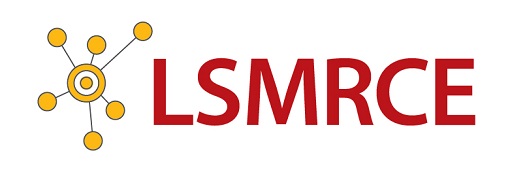Louis Stokes Regional Center of Excellence for the Study of STEM Interventions (SOSI Center)

Housed at the University of Missouri-Columbia (MU), the Louis Stokes Regional Center of Excellence for the Study of STEM Interventions (SOSI Center)
is a newly awarded NSF initiative which supports an inter-institutional collaboration between MU, Understanding Interventions that Broaden
Participation in Science (UI), and the University of Michigan.
The SOSI Center focuses on cultivating the cultural awareness and scholarly productivity of future and existing STEM training program leaders
by providing venues for training and development related to critical, strengths-based theories and evidence-based practices.
These concepts focus on facilitating underrepresented students’ success in STEM through: 1) Exploration of mechanisms that center students' identities,
cultures, and experiences, in meaningful ways, within STEM programming, teaching, mentoring, and research; 2) Implementation of research guided by identity-focused,
and social-cognitive theoretical frameworks; 3) Methodologies relevant to developing critical scholarly contributions to inform practice and scholarship development and dissemination.
Website

